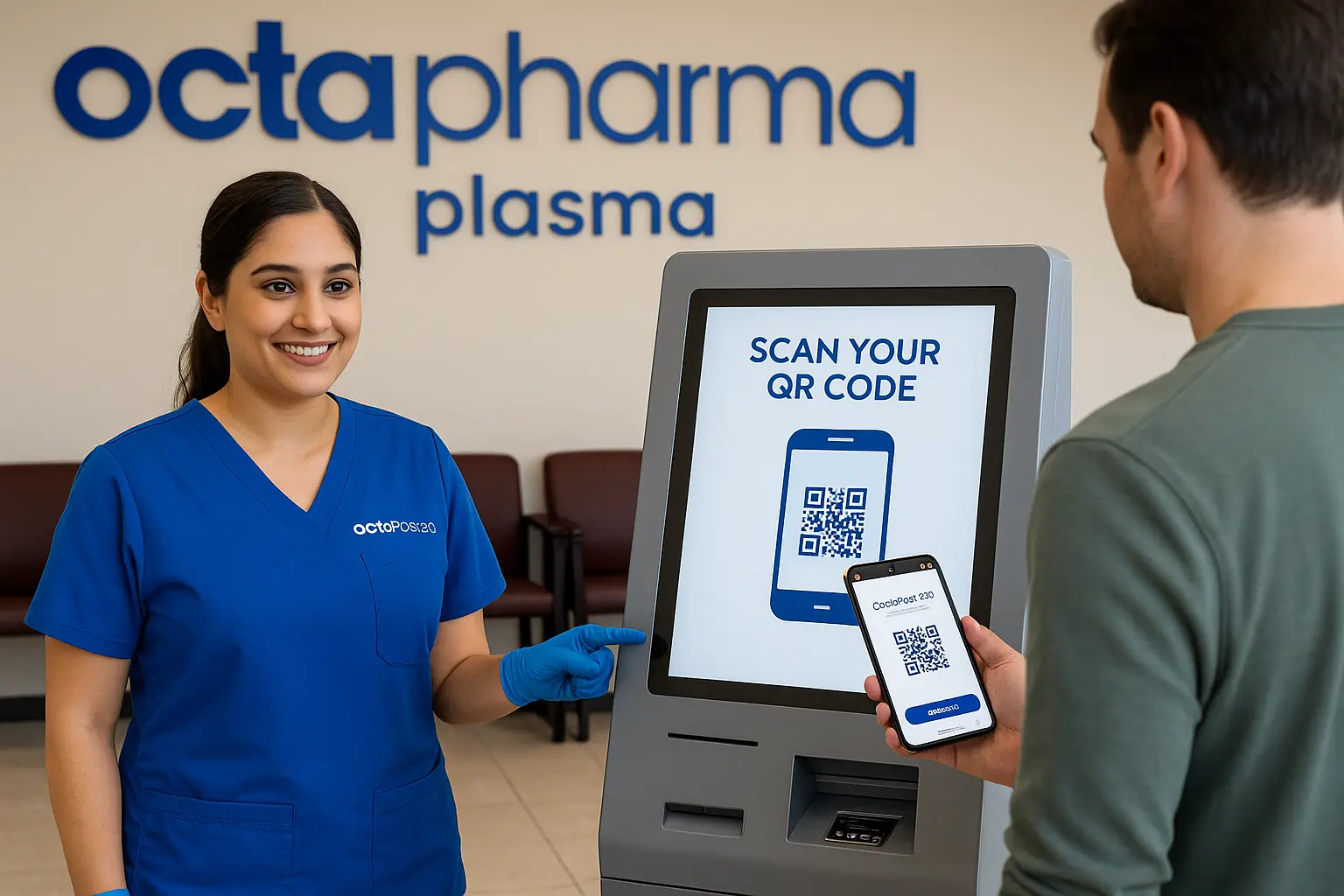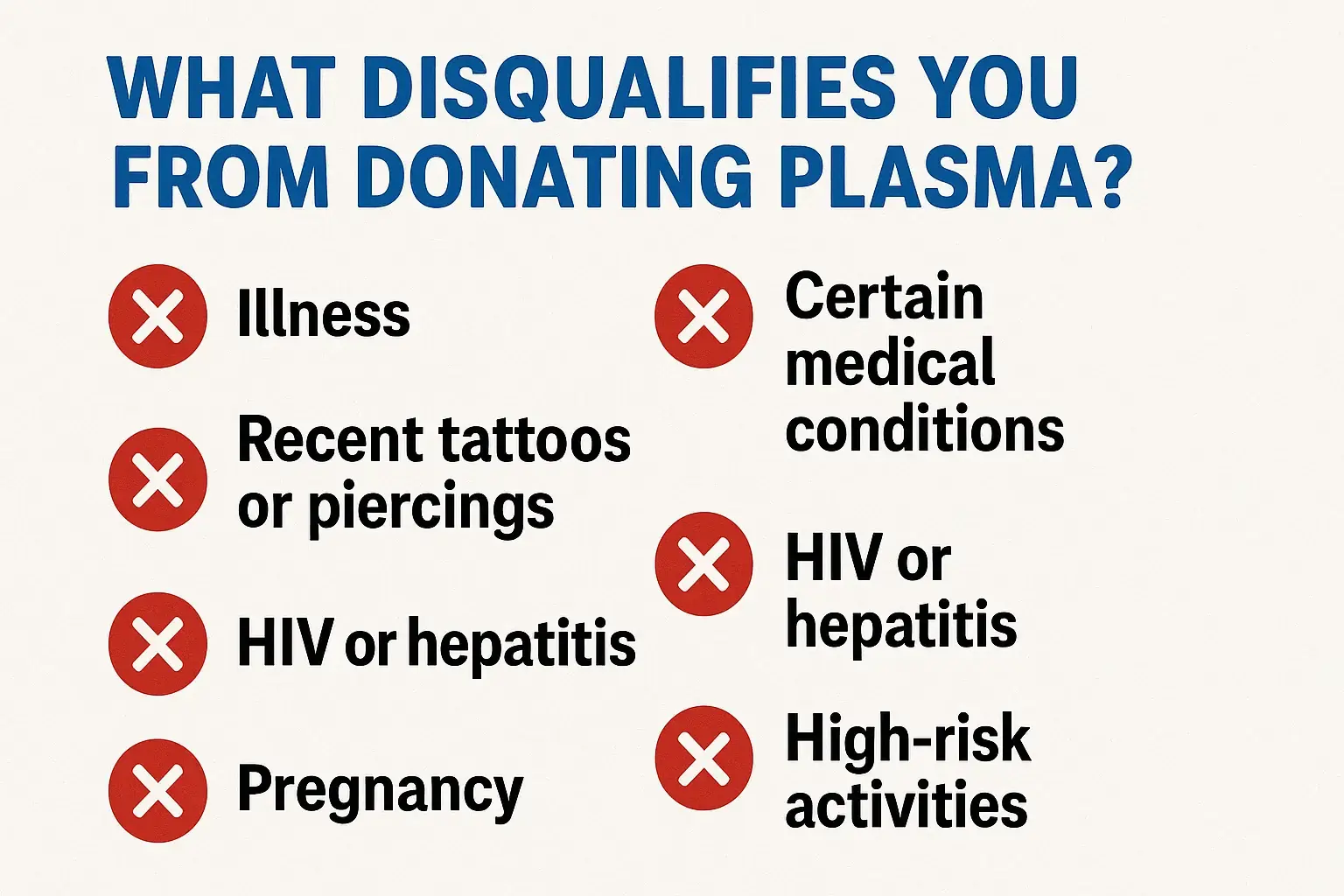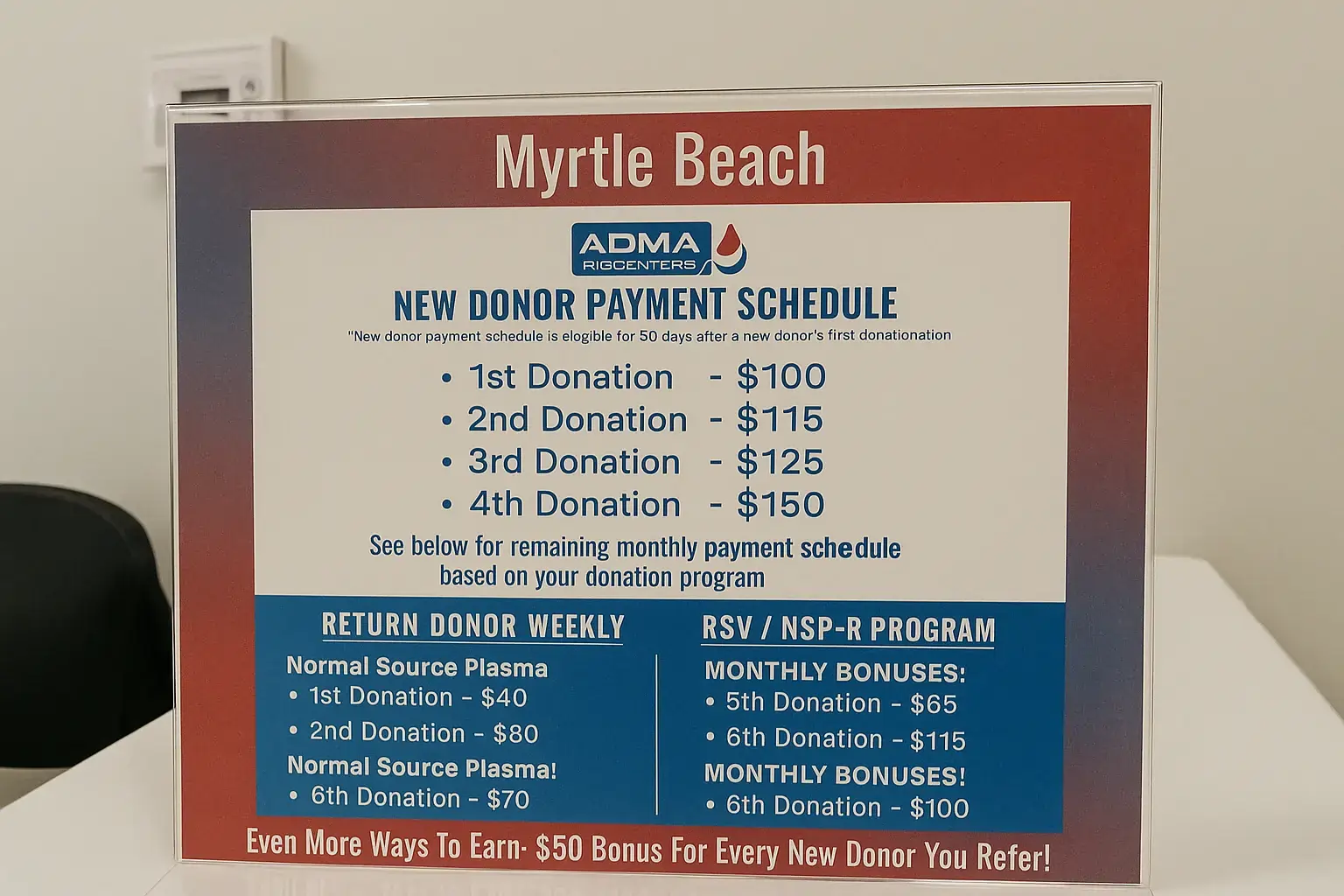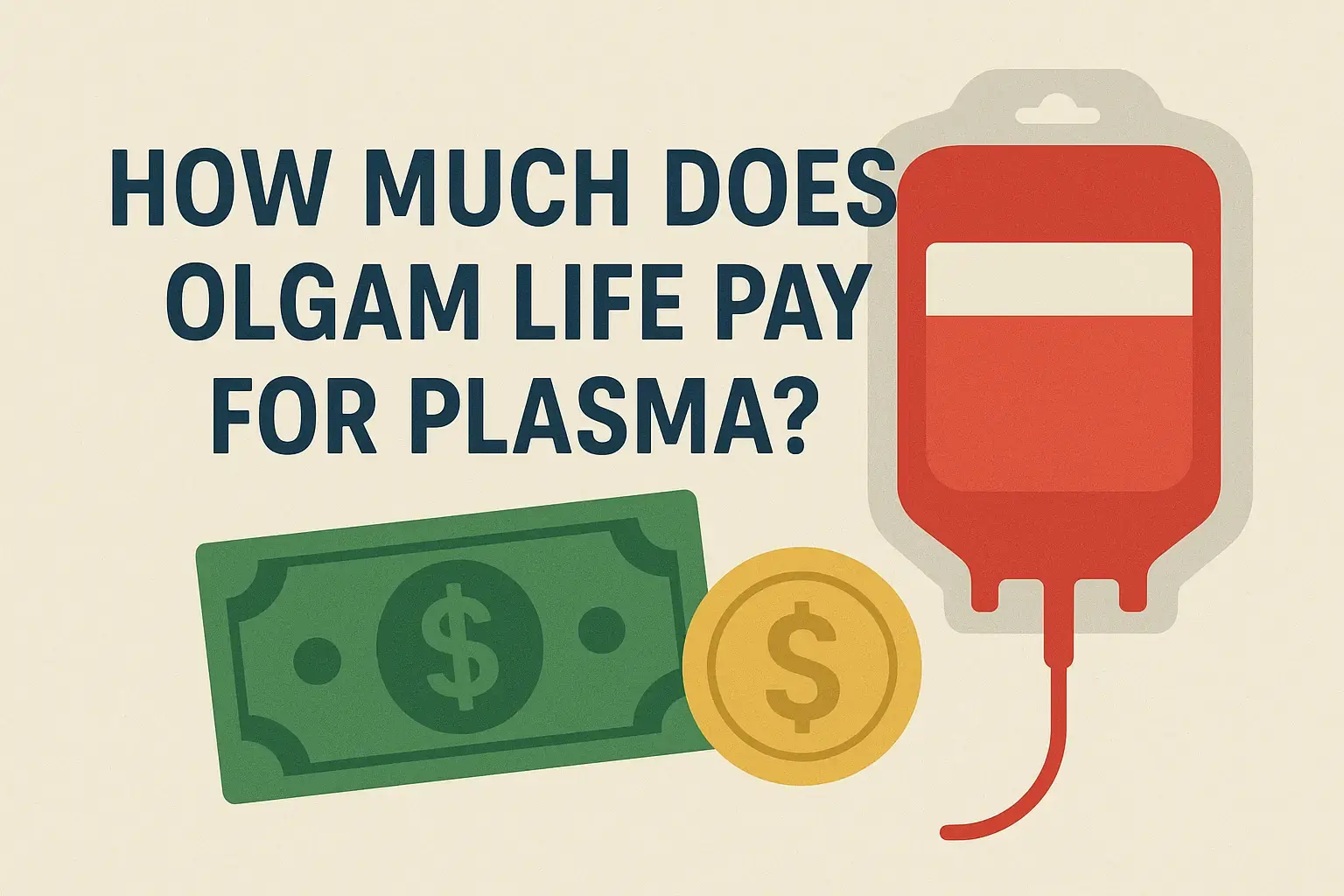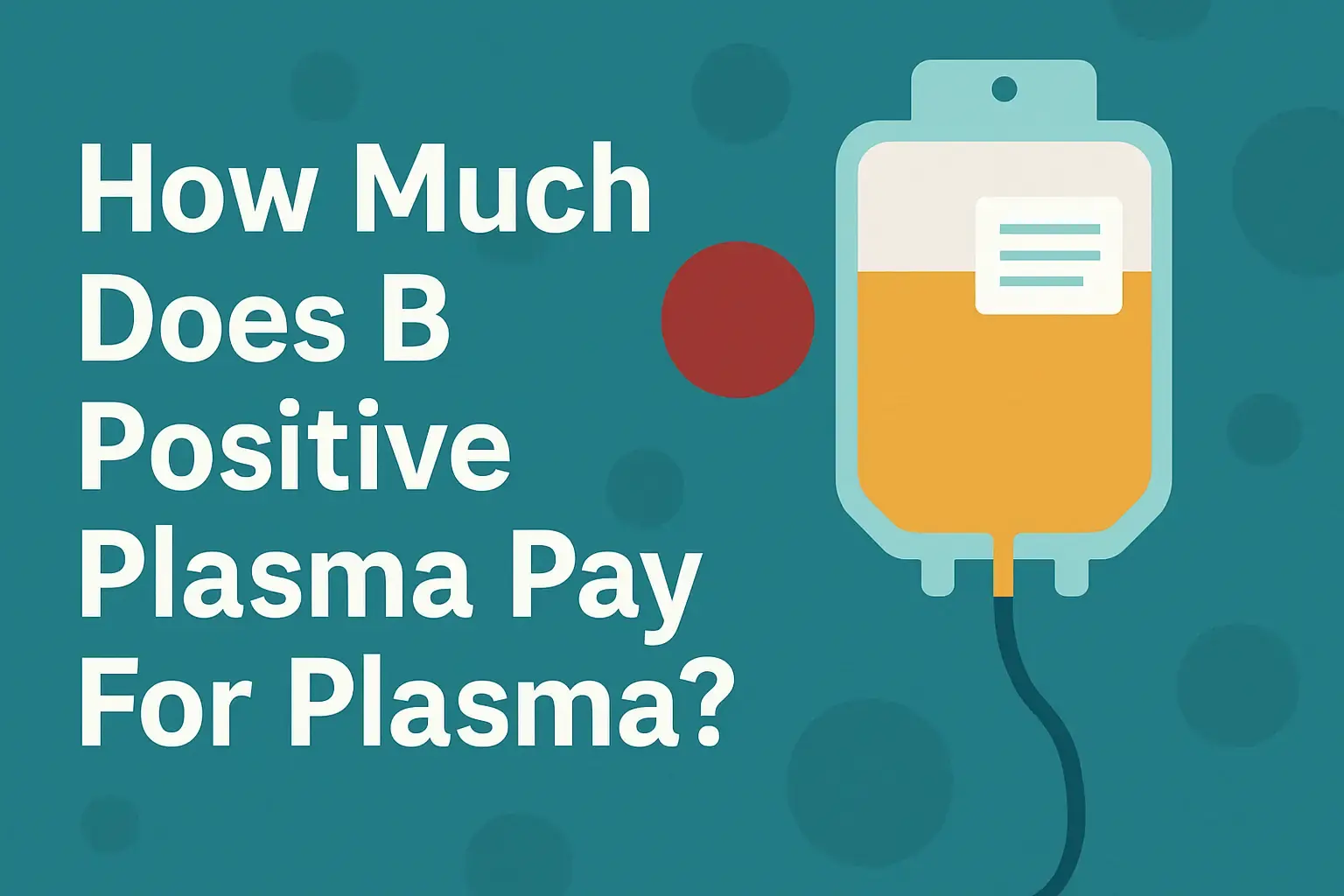Octapharma Plasma Cyberattack 2024: What Donors Need to Know

Table of Contents
- What Happened on April 17 2024?
- Why Did 190+ Centers Shut Down?
- Timeline: Detection to Reopening
- Who Is the BlackSuit Ransomware Group?
- What Data Was Stolen?
- Class-Action Lawsuits & Regulatory Scrutiny
- Impact on Plasma Supply & Therapies
- Steps Current & Former Donors Should Take
- How Octapharma Is Strengthening Security
- Key Takeaways
1. What Happened on April 17 2024?
At 4 a.m. (EDT) on Wednesday, April 17 2024, Octapharma Plasma’s U.S. security team spotted unusual network traffic that matched known ransomware behavior. Within hours, internal monitors confirmed that multiple VMware ESXi hosts were being encrypted—an attack pattern later linked to the BlackSuit ransomware operation. To contain the threat, Octapharma deliberately took its donor-facing IT systems offline, blocking access to scheduling kiosks, payment portals, center Wi-Fi, and the OctaPass mobile app.
The company immediately triggered its incident-response plan, engaged a third-party cyber-forensics firm, and alerted the FBI’s Cyber Division.
2. Why Did 190+ Centers Shut Down?
Octapharma operates more than 190 plasma donation centers in 35 states. Without secure access to donor eligibility records, payment processing, and medical screening data, it could not legally collect plasma under FDA guidelines. As a safety measure, every U.S. center closed its doors on April 17.
This “all-stop” decision, though costly, limited the attackers’ reach and prevented corrupted data from entering regulated blood-product manufacturing workflows.
3. Timeline: Detection to Reopening
- April 17, 2024 – 04:00 EDT: Suspicious activity detected; systems isolated.
- April 18: Public statement cites “network issues”; industry sources confirm ransomware.
- April 22: First wave of centers begins limited reopening (manual donor check-in, no kiosks).
- April 25: Octapharma announces all U.S. centers resume normal hours.
- August 2 2024: Forensic analysis confirms the attackers exfiltrated sensitive files.
- Aug–Sep 2024: Affected individuals begin receiving breach-notification letters and 24-month credit-monitoring offers.
In total, the operational outage lasted about seven days, while the investigative and notification phase stretched into early autumn.
4. Who Is the BlackSuit Ransomware Group?
BlackSuit is a relatively new double-extortion ransomware gang believed to be a rebrand of the notorious Royal group. It targets VMware virtual infrastructures and, before encrypting, siphons data to pressure victims into paying. The U.S. Department of Health & Human Services warned hospital networks about BlackSuit in August 2024.
The group reportedly demanded a multi-million-dollar ransom from Octapharma—an amount the company has not confirmed. As of April 2025, there is no public evidence the ransom was paid, and no leaked Octapharma files have appeared on BlackSuit’s “name-and-shame” site.
5. What Data Was Stolen?
Forensic teams found that the attackers copied a subset of files from Octapharma’s on-premise file-share systems. Potentially exposed information includes:
- Full names, postal addresses, and dates of birth
- Social Security and driver’s-license numbers
- Health-insurance IDs and limited medical screening data
- Employee HR files (passports, contracts, medical exams)
Octapharma asserts that no plasma test results or payment-card numbers were exposed, because those reside on segmented platforms.
6. Class-Action Lawsuits & Regulatory Scrutiny
Within weeks, at least two proposed nationwide class actions accused Octapharma of negligent cybersecurity practices and delayed disclosure. The suits seek damages for time spent mitigating fraud risk and potential identity theft.
The U.S. Department of Health & Human Services’ OCR is also reviewing the breach for possible HIPAA violations.
7. Impact on Plasma Supply & Therapies
Roughly 75 % of plasma used in Octapharma’s global therapies is collected in the United States. A week-long shutdown translated to an estimated loss of 100,000+ liters of raw plasma—enough to delay the production of critical immunoglobulin and clotting-factor medicines for weeks.
Fortunately, Octapharma’s European collection centers and manufacturing plants remained online, preventing widespread treatment shortages.
8. Steps Current & Former Donors Should Take
- Watch your mail 📬: Look for a breach-notification letter (sent Aug–Sep 2024). If you moved, update your address with Octapharma.
- Activate free credit monitoring 🛡️: Follow the instructions in your letter to enroll within the stated deadline.
- Place a fraud alert 🔍: Contact one of the three credit bureaus (Experian, Equifax, TransUnion) to flag new-account requests.
- Use the FTC’s IdentityTheft.gov site 💻: Create a recovery plan if you detect suspicious activity.
- Change donor-portal passwords 🔑: Even though Octapharma says credentials weren’t exposed, a fresh password reduces risk.
9. How Octapharma Is Strengthening Security
Post-incident, Octapharma implemented Zero-Trust network segmentation, continuous endpoint detection & response (EDR), and offline immutable backups. The company also began rotating privileged-access credentials every 24 hours and introduced phishing-resistant multi-factor authentication for all employees.
In parallel, Octapharma hired a CISO with a health-tech background and plans to undergo a HITRUST CSF certification audit by Q4 2025.
10. Key Takeaways
• The April 2024 cyberattack was the largest operational interruption in U.S. plasma-collection history.
• Donor personal data was stolen, but plasma test data and card numbers were not.
• All centers reopened on April 25 2024, and donation operations are back to normal.
• Enroll in the free credit-monitoring offer if you donated before April 17 2024.
